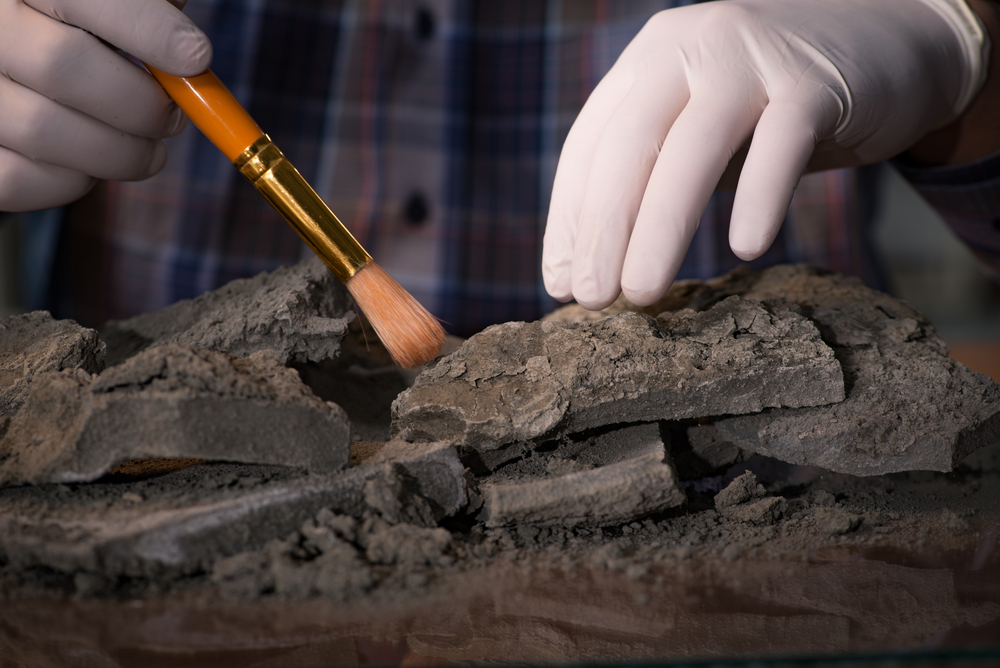A centuries-old casino find
Archeologists from the Archaeological Center of Pskov have discovered what they believe is a 17th-century underground casino in Russia.
The main artifact, a wooden bench, was found in an area located approximately 385 miles from the capital city of Moscow. The bench has a unique carving, believed to be the layout of a game known as alquerque.
The popularity of alquerque
The game of alquerque is somewhat similar to checkers. Said to have originated in the Middle East, it was a mainstay in 17th-century Russia and vied with chess for popularity at the time. The goal of the game is to eliminate all twelve of your opponent’s pieces.
people would simply sit on the bench to hide the carving or place a cloth over it
If the authorities happened to raid the location when suspecting illegal gambling was taking place, people would simply sit on the bench to hide the carving or place a cloth over it. While their games would be over, in this way they were able to avoid punishment. According to the archeologists behind the discovery,
Players had to go to all sorts of tricks to hide their addiction.”
In 2018, chips for this game were also discovered in the region.
Russia’s more recent gambling scene
After the fall of the Soviet Union, gambling and casinos became a lot more popular in Russia during the 1990s. However, issues began to arise, with many Russians falling foul of gambling addiction. This led to Vladimir Putin taking action.
In 2009, commercial casinos were banned across the nation except in four remote areas in Southern Russia, the Kaliningrad Baltic Sea enclave, the Far East, and Siberia. At the time, Russia had as many as 300,000 slot machines.
As a result of the ban, the unions in the country believe over half a million jobs were subsequently lost. The government maintains this figure was closer to 60,000 jobs.
Last month, the Russian authorities approved the development of a casino zone in Crimea, with its first gambling establishment set to open in 2022.
